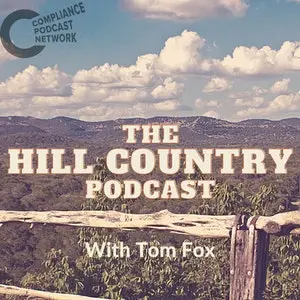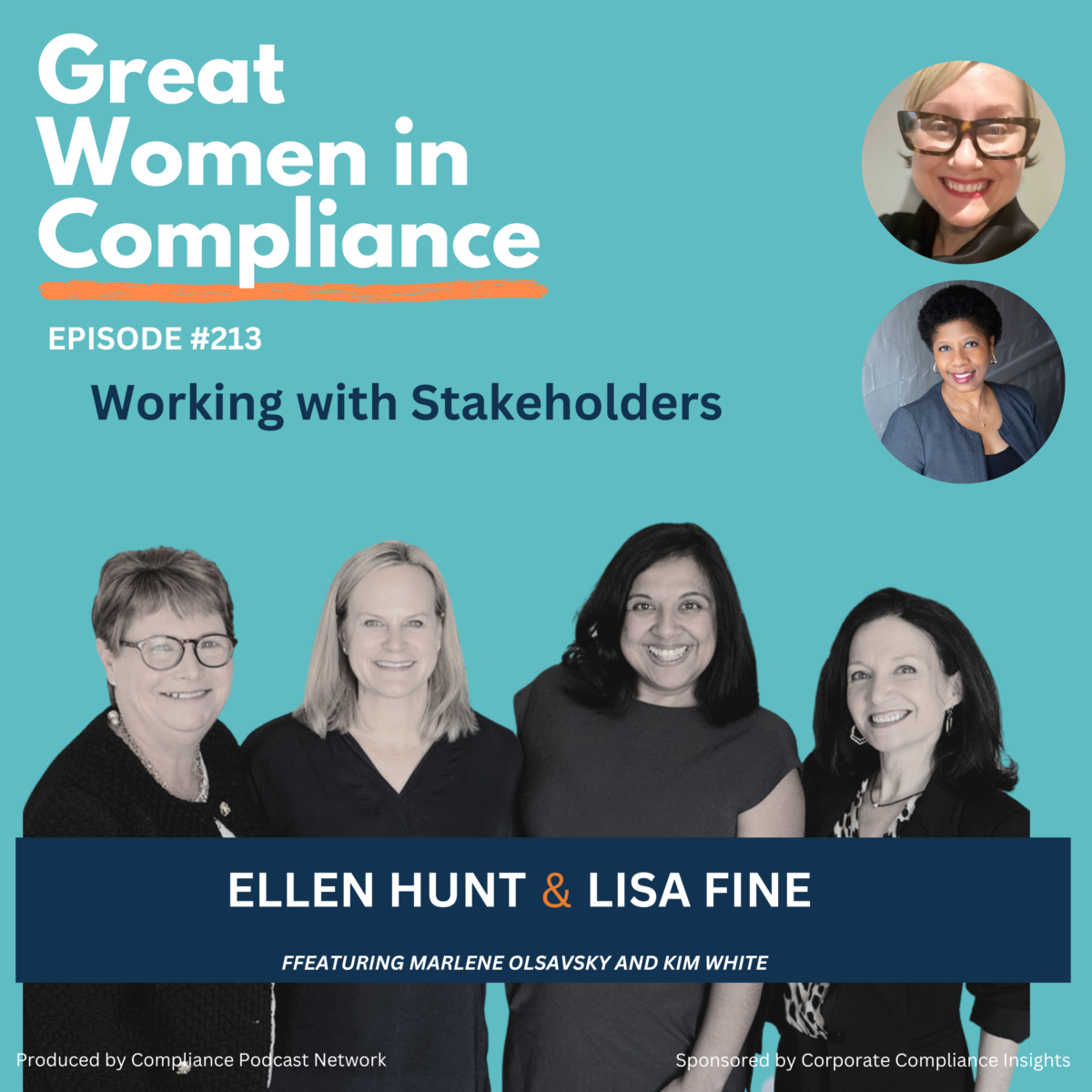This week we are taking a deep dive into the SAP Foreign Corrupt Practices Act (FCPA) enforcement action. In it, SAP agreed to pay the Department of Justice (DOJ) and Securities and Exchange Commission (SEC) approximately $222 million in penalties and disgorgement. SAP also entered into a three-year Deferred Prosecution Agreement (DPA) with the DOJ. Given the multi-year (2014-2022) length of the various bribery and corruption schemes and worldwide geographic scope, the amounts paid in bribes and benefits garnered by SAP from their corruption; one might charitably wonder how SAP was able to reap such a positive outcome of only a fine and penalty totaling $222 million. We will explore that question today.
Extensive Cooperation
The starting point for this analysis is the DOJ DPA. The first key point to note is there was no self-disclosure by SAP. As the DPA noted, SAP only began to cooperate after investigative reports were made public in 2017 in South Africa about SAP’s bribery and corruption program. However from this point forward SAP moved to extensively cooperate. The DAP noted SAP “immediately beginning to cooperate after South African investigative reports made public allegations of the South Africa-related misconduct in 2017 and providing regular, prompt, and detailed updates to the Fraud Section and the Office regarding factual information obtained through its own internal investigation, which allowed the government to preserve and obtain evidence as part of its independent investigation…”
This cooperation included producing relevant documents and other information to the Fraud Section “from multiple foreign countries expeditiously, while navigating foreign data privacy and related laws;” SAP “voluntarily making Company officers and employees available for interviews;” and took “significant affirmative steps to facilitate interviews while addressing witness security concerns”; interestingly SAP was required to resolve potential deconfliction issues between the its own internal investigation and the investigation being conducted by the DOJ. The company promptly collected, analyzed, and organized “voluminous information, including complex financial information.” It translated “voluminous foreign language documents to facilitate and expedite review by the Fraud Section and the Office.” Most interestingly, the DPA repored that SAP imaged “the phones of relevant custodians at the beginning of the Company’s internal investigation, thus preserving relevant and highly probative business communications sent on mobile messaging applications.”
The Remediation
The DPA reported extensive remediation by SAP as well and the information provided in the DPA is instructive for every compliance professional. The DPA noted that SAP engaged in the following remedial steps.
- Conducted a root cause analysis of the underlying conduct then remediating those root causes through enhancement of its compliance program;
- Conducted a gap analysis of internal controls, remediating those found lacking;
- Undertook a “comprehensive risk assessment focusing on high-risk areas and controls around payment processes and enhancing its regular compliance risk assessment process”;
- SAP documented its use of a “comprehensive operational and compliance data” into its risk assessments;
- SAP eliminating “its third-party sales commission model globally, and prohibiting all sales commissions for public sector contracts in high-risk markets”;
- “Significantly increasing the budget, resources, and expertise devoted to compliance;”
- Restructuring its Offices of Ethics and Compliance to ensure adequate stature, independence, autonomy, and access to executive leadership;
- Enhanced its code of conduct and policies and procedures regarding gifts, hospitality, and the use of third parties;
- Enhancing its reporting, investigations and consequence management processes;
- Adjusting compensation incentives to align with compliance objectives and reduce corruption risk;
- Enhanced and expanding compliance monitoring and audit programs, planning, and resources, including developing a well-resourced team devoted to audits of third-party partners and suppliers;
- Expanded its data analytics capabilities to cover over 150 countries, including all high-risk countries globally; and
- Disciplined “any and all” employees involved in the misconduct.
Obviously, SAP engaged in a wide range of remedial actions. It all started with a root cause analysis. Root Cause analysis was enshrined in the FCPA Resource Guide, 2nd edition as one of the Hallmarks of an Effective Compliance Program. It stated, “The truest measure of an effective compliance program is how it responds to misconduct. Accordingly, for a compliance program to be truly effective, it should have a well-functioning and appropriately funded mechanism for the timely and thorough investigations of any allegations or suspicions of misconduct by the company, its employees, or agents. An effective investigation’s structure will also have an established means of documenting the company’s response, including any disciplinary or remediation measures taken.”
In addition to having a mechanism for responding to the specific incident of misconduct, the company’s compliance program should also integrate lessons learned from any misconduct into the company’s policies, training, and controls on a go-forward basis. To do so, a company will need to analyze the root causes of the misconduct to timely and appropriately remediate those causes to prevent future compliance breaches. This SAP did during its remediation phase.
Equally of interest are the references to data analytics and data driven compliance. SAP not only did so around its third-party program but also expanded its data analytics capabilities to cover over 150 countries, including all high-risk countries globally. The SEC Order also noted that SAP had implemented data analytics to identify and review high- risk transactions and third-party controls. The SAP DPA follows the Albemarle FCPA settlement by noting that data analytics is now used by SAP to measure the compliance program’s effectiveness. This language follows a long line of DOJ pronouncements, starting with the 2020 Update to the Evaluation of Corporate Compliance Programs, about the corporate compliance functions access to all company data; this is the second time it has been called out in a settlement agreement in this manner. Additionally, it appears that by using data analytics, SAP was able to satisfy the DOJ requirement for implementing controls and then effectively testing them throughout the pendency of the DOJ investigation; thereby avoiding a monitor.
Next was the holdback/clawback actions engaged in by SAP. The DPA noted, SAP withheld bonuses totaling $109,141 during the course of its internal investigation from employees who engaged in suspected wrongdoing in connection with the conduct under investigation, or who both (a) had supervisory authority over the employee(s) or business area engaged in the misconduct and (b) knew of, or were willfully blind to, the misconduct, and further engaged in substantial litigation to defend its withholding from those employees, which qualified SAP for an additional fine reduction in the amount of the withheld bonuses under the DOJ’s Compensation Incentives and Clawbacks Pilot Program.
Finally, the DOJ related that SAP had enhanced and has committed to continuing to enhance its compliance program and internal controls, including ensuring that its compliance program satisfied the minimum elements set forth in Attachment C to DPA. Based upon all these factors, including SAP’s remediation and the state of its compliance program, and the Company’s agreement to report to the Fraud Section and the Office as set forth in Attachment D to this Agreement, the DOJ “determined that an independent compliance monitor was unnecessary.”
All-in-all a great result by and for SAP for which the company and its compliance team should take great credit in going forward.
Resources
Join us tomorrow where we consider fine and penalties.









